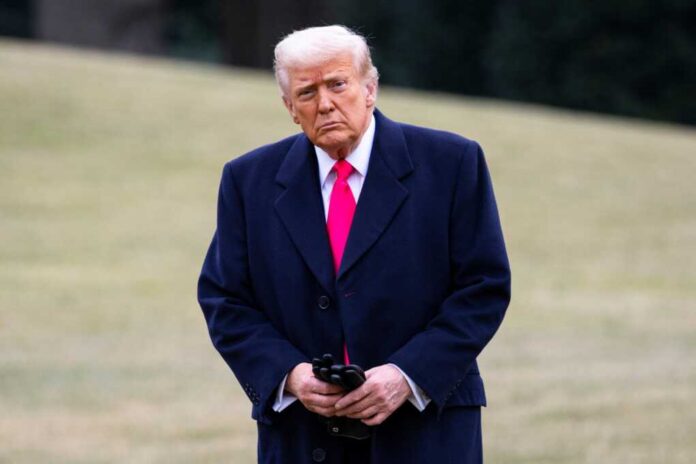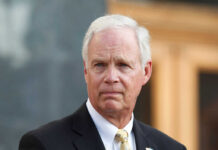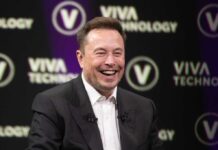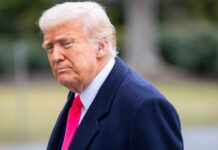
Donald Trump’s once-friendly alliance with Elon Musk has disintegrated into a fierce public battle, with threats, accusations, and political fallout shaking the foundations of the conservative movement.
At a Glance
- Trump threatens to cancel federal contracts with Elon Musk’s companies amid growing feud
- Musk hints Trump may appear in Epstein files and suggests forming a new political party
- Conflict stems from Musk’s fiscal agenda clashing with Trump’s populist protections
- Tesla lost EV tax credits after Trump-backed legislation; NASA withdrew Musk ally’s nomination
- GOP figures warn the feud could fracture the party ahead of critical 2026 midterms
America’s Most Powerful Conservatives Are Now At War
The political landscape shifted dramatically this week as Donald Trump and Elon Musk escalated their war of words into open threats, signaling the end of what was once a pragmatic partnership. According to a report from Newsmax, Trump is now actively considering terminating federal contracts tied to Musk’s businesses—including those with SpaceX and Tesla—unless the tech mogul “falls in line.” In response, Musk has publicly floated the possibility that Trump could be named in forthcoming Jeffrey Epstein-related disclosures, a barb that sent shockwaves through both political and corporate circles.
The feud is peaking at a delicate time for Trump, who is preparing to address Congress on March 4, 2025, under the optimistic banner “The Renewal of the American Dream.” Meant to project party unity, the speech now comes amid a dramatic rift that threatens to destabilize conservative strategy ahead of the 2026 midterms.
Watch a report: Trump vs. Musk: What’s Next in the GOP Showdown.
Competing Visions for America’s Future
At the heart of the clash lies a fundamental ideological rift. Musk, as head of the Department of Government Efficiency (DOGE), pushed aggressively to shrink federal spending and bureaucracy. But as Ben Shapiro explains, Trump’s populist priorities—especially the protection of programs like Social Security and Medicare—conflicted with Musk’s desire to cut deeply and broadly.
This tension turned into personal grievance after a Trump-endorsed bill eliminated electric vehicle tax credits, undermining a major Tesla revenue stream. Musk had supported deficit reduction, but felt betrayed when broader fiscal reforms failed to materialize, leaving his companies financially exposed.
The situation worsened when Trump abruptly withdrew the NASA nomination of Musk ally Jared Isaacman, signaling a deliberate shift from policy conflict to personal retribution.
Political Chaos Overshadows Trump’s Big Night
While Trump prepares to speak to Congress with First Lady Melania hosting “everyday Americans with incredible stories,” the broader conservative movement is bracing for continued disruption. Democratic lawmakers plan to counter by inviting federal employees affected by DOGE’s downsizing, turning the address into a proxy battle for public sympathy.
Ben Shapiro’s assessment is bleak: “This is very personal, and it’s not going away anytime soon.” With Musk hinting at launching his own political party and Trump refusing to back down, the fight could trigger a Republican realignment—and possibly open the door for Democratic gains in upcoming elections.
If the Trump-Musk feud intensifies further, the GOP risks a costly internal war at a time when its opposition is united and strategically focused. The message from both sides is clear: coexistence is no longer an option.





























